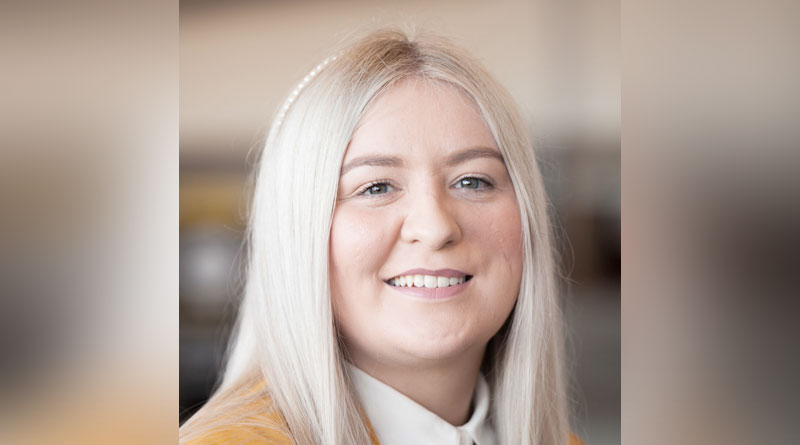
Stroke Survivor Turns Policymaker To Push For Urgent NHS Reform
A Stroke survivor and former Member of Parliament has stepped into a powerful new role to transform chest, heart and stroke care across Scotland.
Amy Callaghan has joined Chest Heart & Stroke Scotland (CHSS) as Strategic Political Advisor, in her first public-facing role since stepping down from frontline politics.
Drawing on her own recovery journey, Amy is now pushing to reform rehabilitation and treatment services that she says are falling short of what too many people across Scotland deserve.
Her appointment comes as CHSS ramps up campaigning ahead of its manifesto launch early next month, which calls for urgent action to deliver a long-overdue thrombectomy service and a rehabilitation guarantee for people recovering from life-altering conditions.
Amy Callaghan, Strategic Political Advisor at CHSS, said:
“You don’t become a politician unless you want to change the world – and that hasn’t changed for me. I’m just working from a different perspective now.
“At CHSS, I finally have the space to make real change happen – to push the reforms I couldn’t deliver from within Parliament but that people living with these conditions so urgently need.”
Having survived a haemorrhagic stroke in 2020 at just 28 years old, Amy’s personal insight gives her a rare understanding of the urgent reforms needed in Scotland’s health system.
In particular, she has highlighted the Scottish Government’s repeated failure to deliver a 24/7 thrombectomy service, promised since 2017.
She added: “Rehabilitation is what saves lives and could save the state so much money. Combine that with investment in the game-changing thrombectomy service and catastrophic strokes where people can’t return to work and to contribute to the economy, could become the minority”
“If someone has a clot-type stroke, they need to get on the table to receive a thrombectomy within three hours. Right now, that simply isn’t happening. If you arrive just minutes too late, you may be left disabled for life – or worse.”
The cost of rolling out a full thrombectomy service is estimated at around £1-2 million per angio-suite in Glasgow and Edinburgh – a small investment compared to the long-term cost of care.
Amy said: “When I was working to return to Parliament, CHSS helped me stand long enough to deliver a speech, we worked on my balance. They took a person-centred approach to rehab. That support was life-changing, and I want everyone to have access to that same kind of care.”
She added: “This isn’t a policy team guessing at what might help. It’s real people sharing real priorities – carers, survivors, people with language disorders, and families. Their voices are shaping our campaign from start to finish.”
Amy’s experience has also helped expose gaps in understanding of stroke and hidden disabilities across the public and political spheres.
She said: “Too often, people assume you’re too young to have a stroke, or they write you off as economically inactive, but people with our conditions are voters, carers, contributors, and so this is a movement led by people who know what needs to change.”

